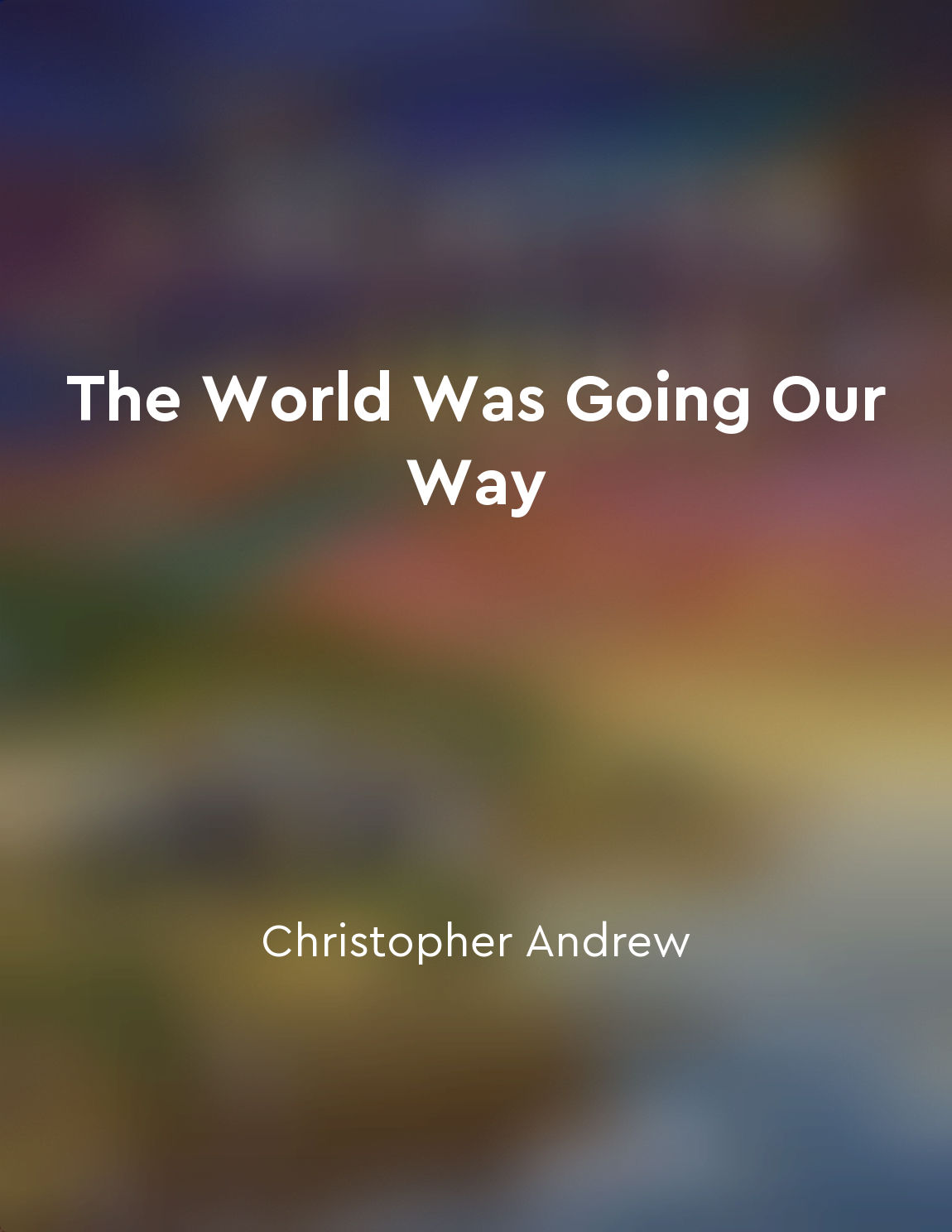The Bolsheviks seized power in November 1917 from "summary" of A People's Tragedy by Orlando Figes
The Bolsheviks seized power in November 1917 through a carefully orchestrated plan that capitalized on the chaos and discontent of the time. The October Revolution was not a spontaneous event but the culmination of months of strategic planning and political maneuvering by the Bolshevik leadership. Lenin, the mastermind behind the operation, understood the power of timing and seized the moment when the Provisional Government was at its weakest. The Bolsheviks' seizure of power was not without opposition. The Provisional Government resisted the Bolshevik takeover, but their efforts were hampered by internal divisions and a lack of popular support. The Bolsheviks, on the other hand, had a clear vision and a well-organized party apparatus that enabled them to quickly consolidate their power and neutralize their opponents. The success of the Bolsheviks can also be attributed to their ability to tap into the grievances of the Russian people. The promise of "peace, land, and bread" resonated with the war-weary and hungry population, giving the Bolsheviks a strong base of support. Additionally, their message of class struggle and the overthrow of the capitalist system appealed to the disenfranchised workers and peasants who made up the bulk of the population. Once in power, the Bolsheviks wasted no time in implementing their agenda. They quickly moved to consolidate their control over the government and the military, while also instituting radical social and economic reforms. The establishment of the Soviet regime marked a turning point in Russian history, as the country was transformed into a one-party state with Lenin at its helm. The Bolsheviks' seizure of power in November 1917 set the stage for the Russian Civil War and the years of upheaval and bloodshed that followed. It marked the beginning of a new era in Russian history, one that would shape the country's destiny for decades to come.Similar Posts
The Soviet Union disintegrated in 1991
The collapse of the Soviet Union in 1991 was the culmination of a long and tumultuous process of political, economic, and socia...

subversion, espionage, sabotage, disinformation
The KGB saw itself as the vanguard of the international proletariat in the struggle against what it called the "main enemy" - t...
The guns of August had a lasting impact on the course of history
The actions taken in August 1914 were not just isolated events in history; they set off a chain reaction that would shape the c...
Proletarians must unite
The unity of the proletarians is essential for the advancement of their class interests. In a society divided by class struggle...
Russia's annexation of Crimea sparked international condemnation
The annexation of Crimea by Russia stirred up a storm of international condemnation. The global community was quick to denounce...
